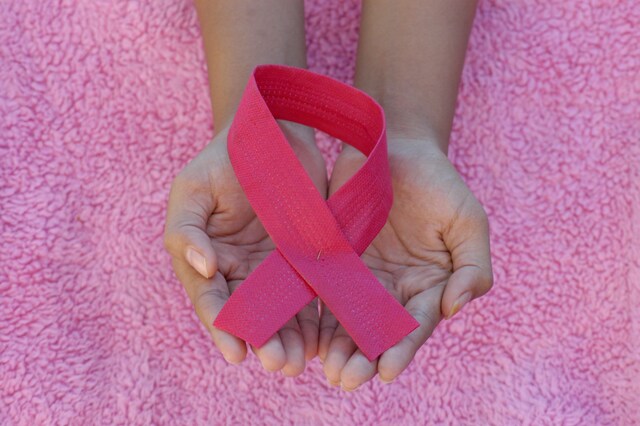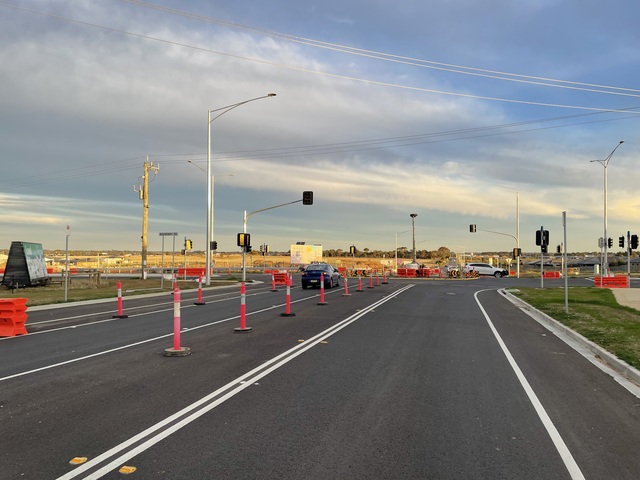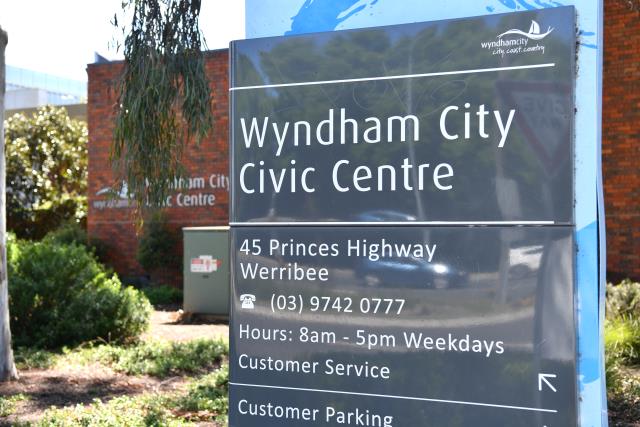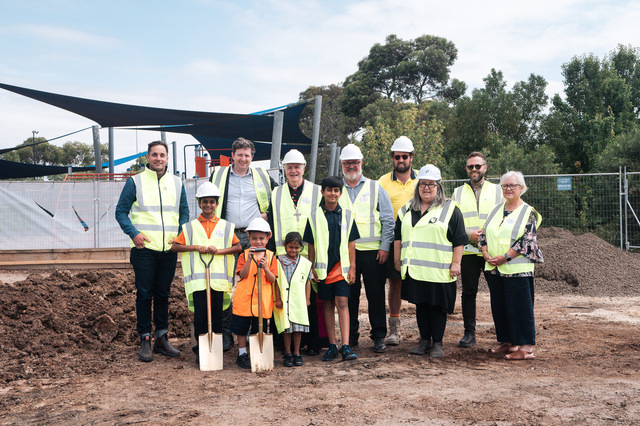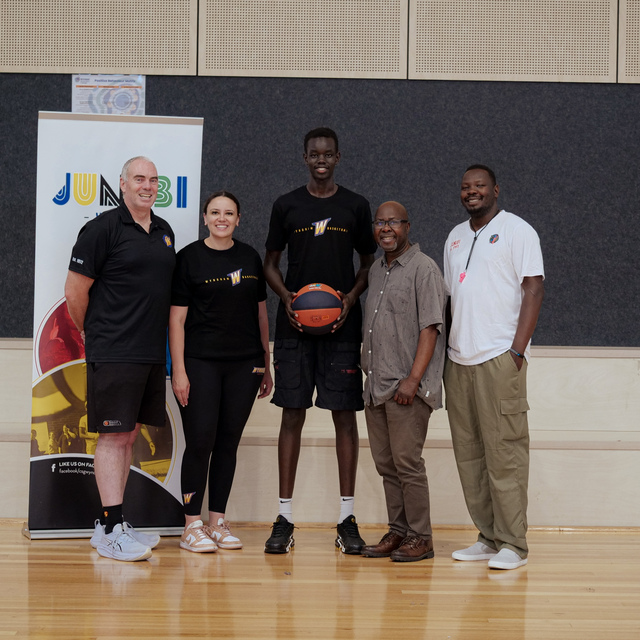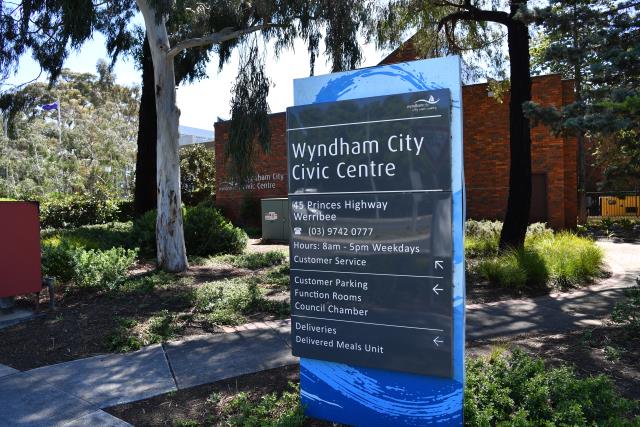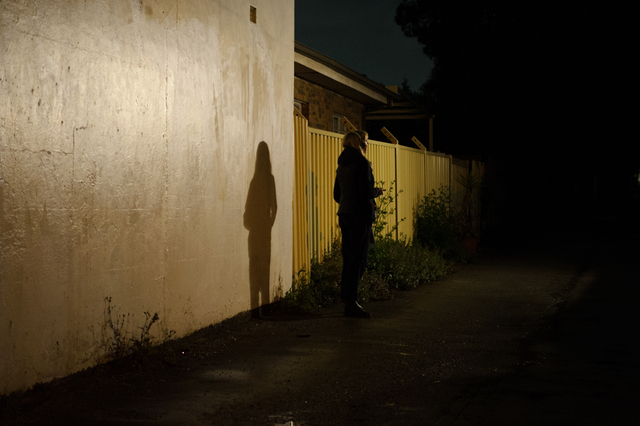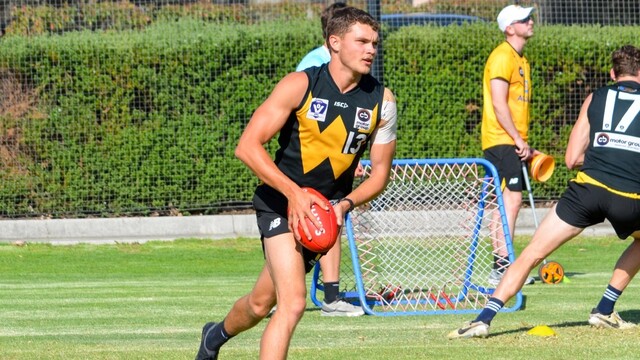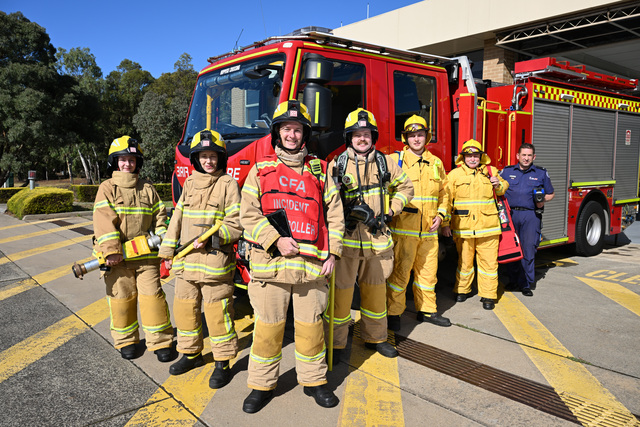Breast Cancer Network Australia (BCNA) is calling for Victoria to follow in New South Wales’ footsteps and count people with metastatic breast cancer (MBC).
On October 16, NSW became the first in the world to identify and count people living with MBC.
In a breakthrough that far surpasses previous estimates, the Cancer Institute New South Wales has identified there are 7900 (7850 women and 50 men) people living with MBC in NSW alone.
Metastatic breast cancer is treatable not curable, the verified data means that the national approximate of about 10,553 people is widely inaccurate.
BCNA is calling on the National Cancer Data Alliance, launched in January by Prime Minister Albanese, to support other states and territories to ensure they can adopt the NSW methodology, only then will the true number of people living with MBC in Australia be known.
The timing is crucial, as advancements in treatment mean that people are living longer with MBC, making it vital to understand how to support them.
In August 2023, BCNA lead a roundtable that set Cancer Institute NSW on the path to the discovery that could reframe cancer care in Australia. Leading global experts with The Lancet Breast Cancer Commission expect the breakthrough to inspire global change.
Cancer Institute NSW developed the method by leveraging existing cancer registry data, integrating it with hospital and clinical treatment data, the Pharmaceutical Benefits Scheme (PBS), and the Medicare Benefits Schedule (MBS). The critical data is ongoing and delivered in real time allowing government policy makers to make informed and meaningful changes in correcting the significant unmet needs of people with life limiting breast cancer.
This breakthrough also paves the way for other cancers to be counted, as NSW works to extend this model beyond breast cancer, offering a blueprint for national and international action.
BCNA policy, advocacy and support services director Vicki Durston said NSW was setting an Australian and global benchmark.
“We can’t stop now—we are so close. This deserves national priority – we urge all state governments and territories to make a commitment like NSW to close the data gap,“ she said.
“This milestone reflects the power of advocacy driven by the voices of people living with metastatic breast cancer. Our consumer representatives have played a pivotal role in shaping this outcome by sharing their lived experiences and ensuring that the challenges faced by those with advanced cancer remain front and centre.”
NSW Medical Oncologist and The Lancet Breast Cancer Commission global expert Dr Belinda Kiely said counting people living with MBC would help her understand how well and how long patients are living
“As part of the BCNA network as well as the global advanced breast cancer alliance and contributor to the Lancet Commission on breast cancer, I understand the global importance of this information. Unfortunately, we have not yet cured breast cancer, and more work needs to be done to improve the lives of people living with metastatic breast cancer. I know my colleagues around Australia and globally would also benefit from access to information like this, so I hope the methods NSW have developed are rolled out nationally and globally,“ she said.
“People living with metastatic breast cancer and their clinicians have been calling for this information for years. BCNA has listened to what people with metastatic breast cancer want and I am so happy that finally our patients will be visible, and their needs better addressed.”
BCNA consumer representative Lisa Rankin welcomed the decision to count MBC patients.
“As someone living with metastatic breast cancer, I am incredibly excited that it is now possible to recognise those living with the disease. Until now we have been hidden in plain sight and vastly underestimated in numbers. I want to thank the NSW Government and BCNA’s advocacy for their achievement,“ she said.

